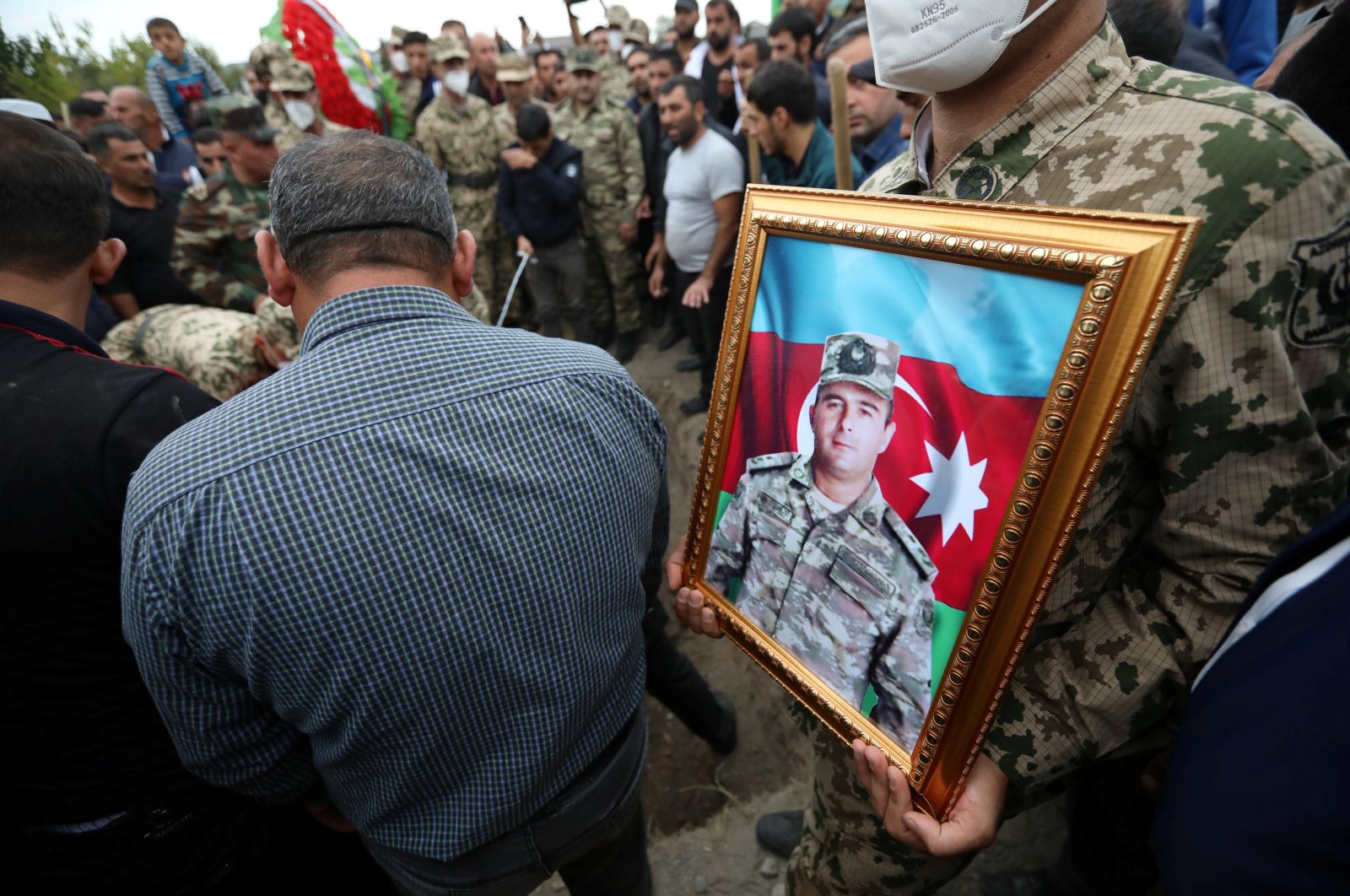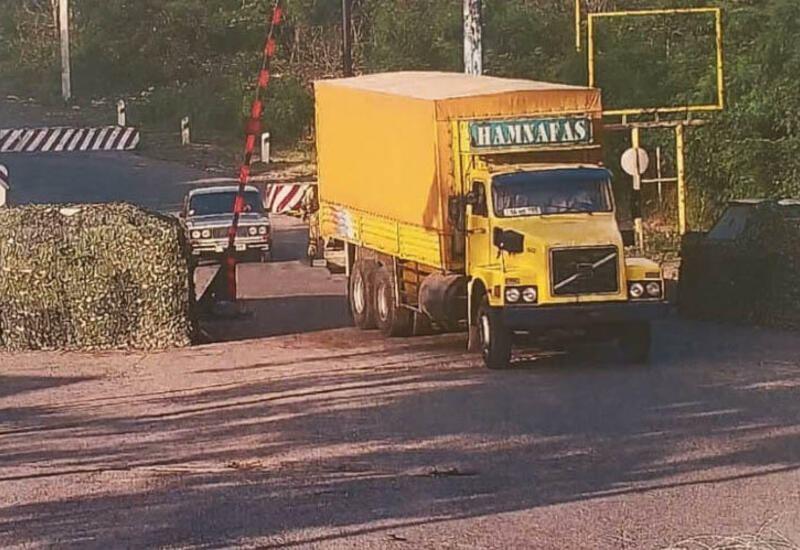
Relations between Iran and Azerbaijan have been tense since the dismantling of the Soviet Union in 1991 despite the two countries’ many historical, cultural, and religious ties.
Iran has ironically been closer to Christian Armenia – Azerbaijan’s rival – than to a fellow Shi’ite majority state. The regional status quo and balance of power shifted in the South Caucasus as a result of the second Karabakh War in 2020, dramatically heightening diplomatic tensions between Azerbaijan and Iran. Indeed, Azerbaijan’s victory in the war and regaining of control over Armenian ethnic enclaves signaled Iran’s diminishing influence and leverage. For many years, Azerbaijan has maintained a close strategic partnership with Israel, Iran’s arch-foe, particularly in the defense field, as it sought to deter radical Shi’ite influence stemming from Iran. Azerbaijan has also drawn closer to Turkey. Continue reading


